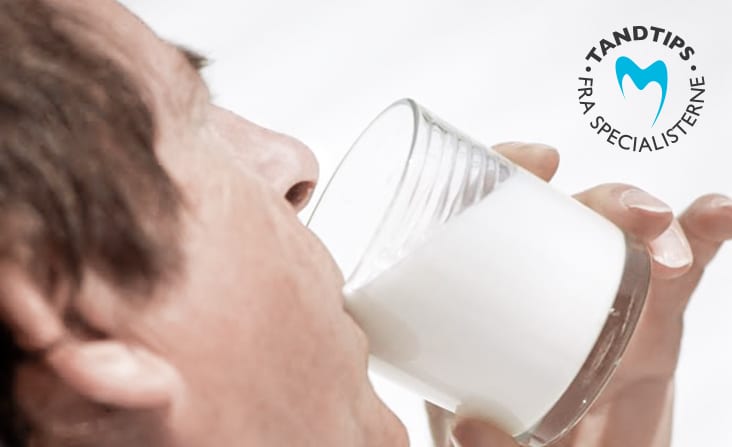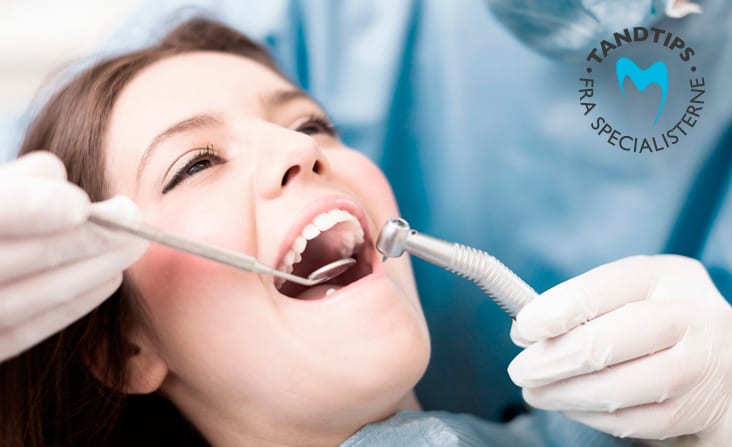 Calcium is one of the most important and abundant minerals in the body. It is the building blocks for teeth and bones. Healthy teeth and bones require lots of calcium. It also plays a key role in many other functions of the body: clotting of blood, nerve impulses and contraction and relaxation of muscles and blood vessels, as well as regulation of bodily fluids, including hormones and enzymes. In fact, calcium is so important that your body has a feedback system to keep the amount of calcium in the body at a constant level. When the blood and body functions need more calcium, it is retrieved from your bones, where calcium is stored. Your body cannot produce calcium itself, so the only way to get enough is by eating calcium-rich foods. If you do not get enough calcium in your diet, it can weaken your bones, which increases the risk of bone fractures later in life. Likewise, it affects your teeth if you do not get enough calcium. Dairy products, including milk, yogurt and cheese, are good sources of calcium. Other sources are calcium-enriched soy milk and orange juice, sardines, soybeans, dried figs, bok choy, broccoli and turnips.
Calcium is one of the most important and abundant minerals in the body. It is the building blocks for teeth and bones. Healthy teeth and bones require lots of calcium. It also plays a key role in many other functions of the body: clotting of blood, nerve impulses and contraction and relaxation of muscles and blood vessels, as well as regulation of bodily fluids, including hormones and enzymes. In fact, calcium is so important that your body has a feedback system to keep the amount of calcium in the body at a constant level. When the blood and body functions need more calcium, it is retrieved from your bones, where calcium is stored. Your body cannot produce calcium itself, so the only way to get enough is by eating calcium-rich foods. If you do not get enough calcium in your diet, it can weaken your bones, which increases the risk of bone fractures later in life. Likewise, it affects your teeth if you do not get enough calcium. Dairy products, including milk, yogurt and cheese, are good sources of calcium. Other sources are calcium-enriched soy milk and orange juice, sardines, soybeans, dried figs, bok choy, broccoli and turnips.










 Beregn præmien på Tandsikring "20-40-60"
Beregn præmien på Tandsikring "20-40-60"